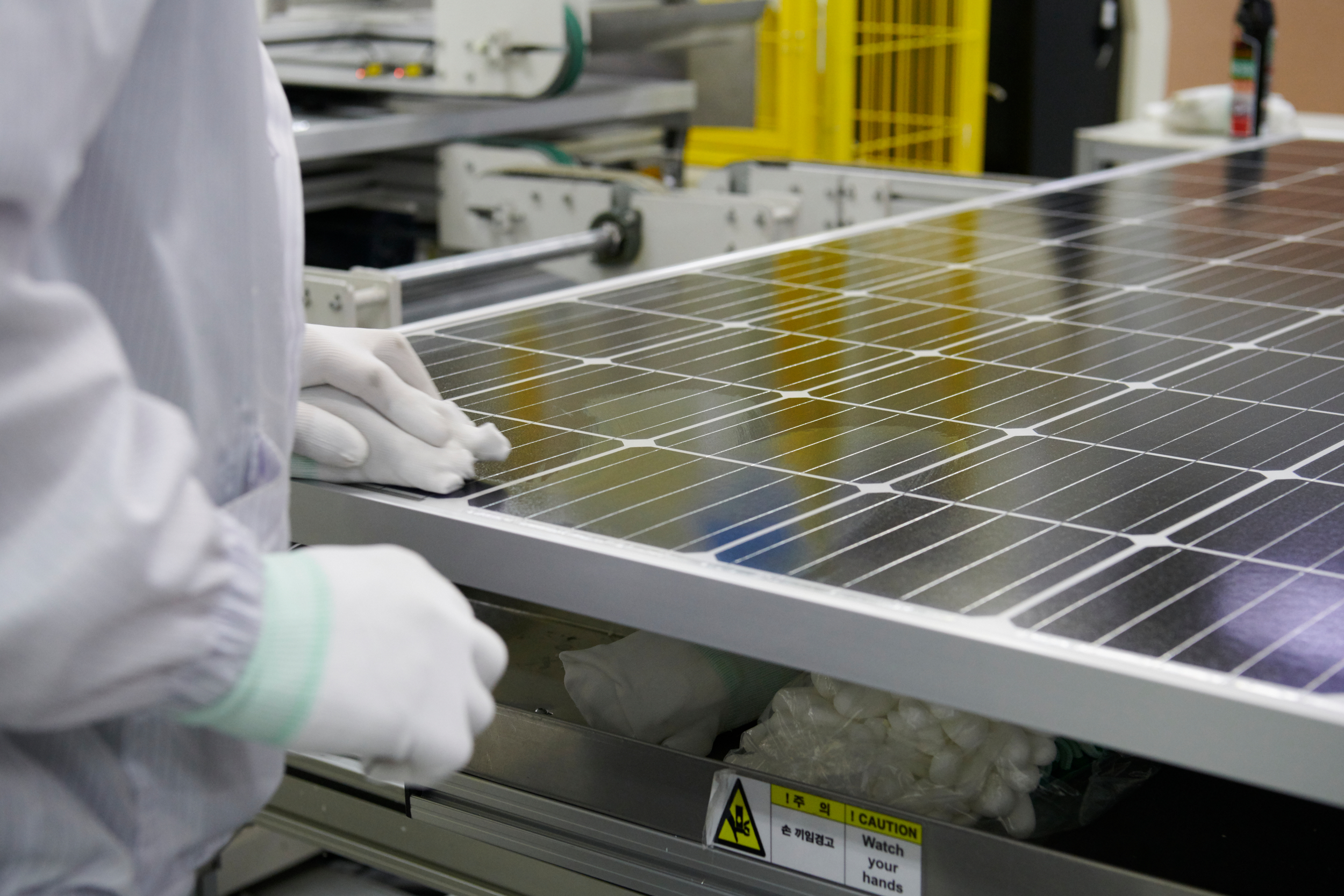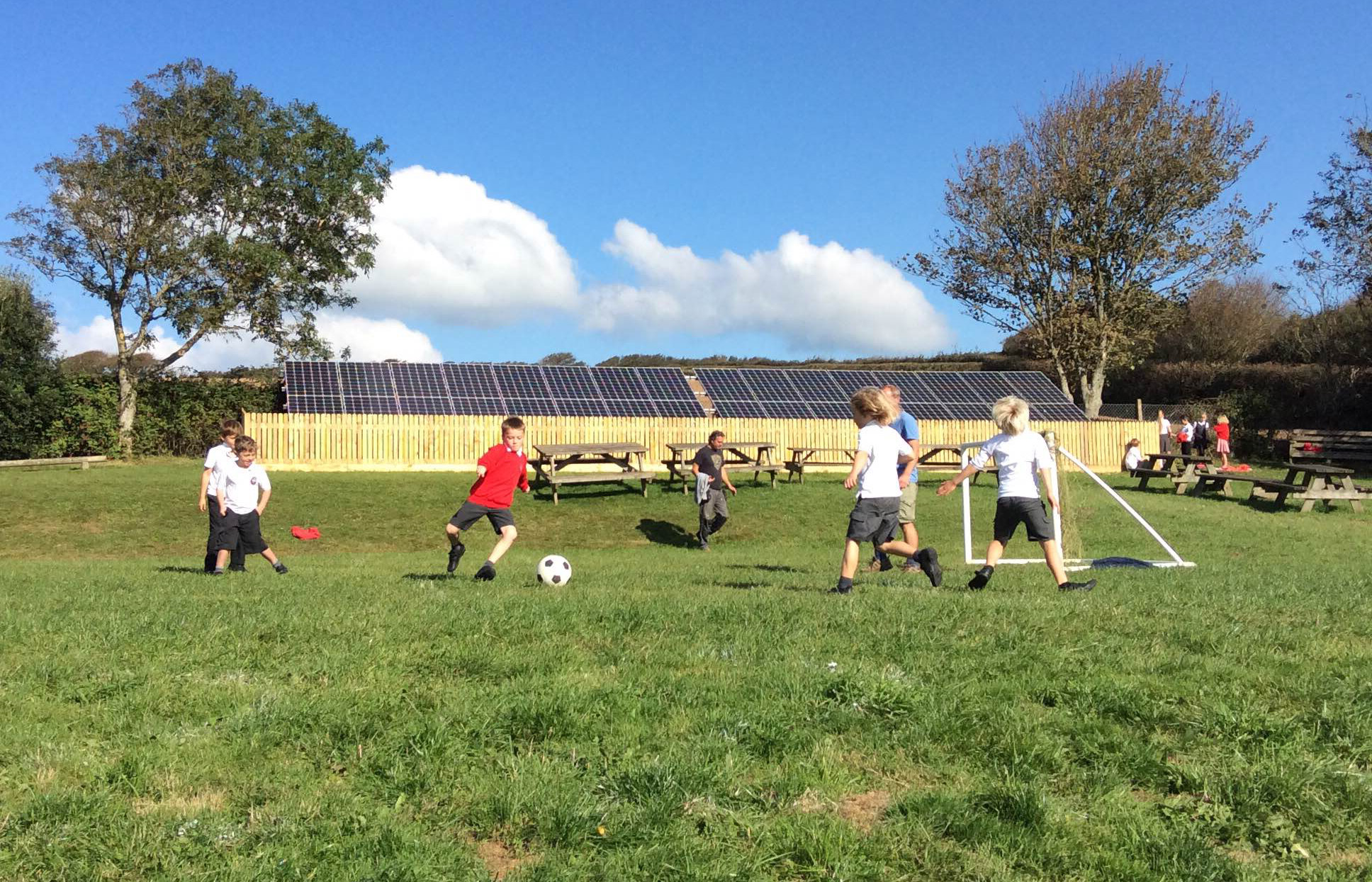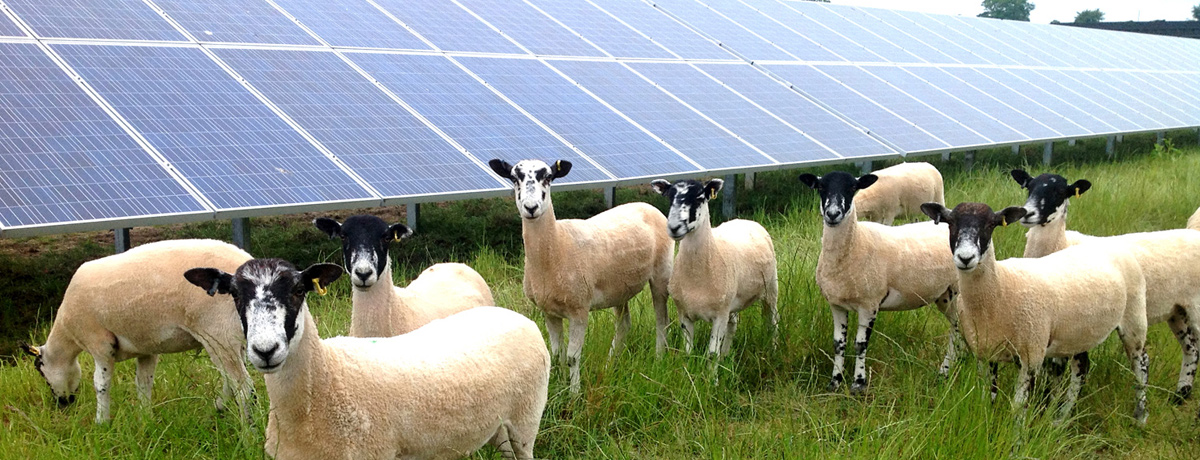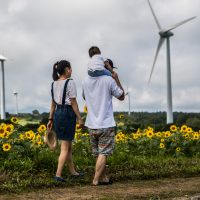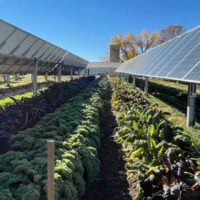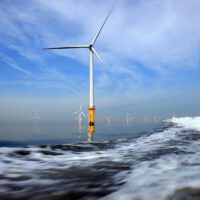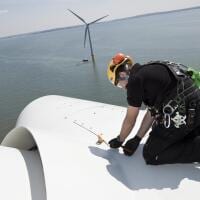Types of solar power
There are a few different ways to produce energy from sunlight.
- Solar panels can be installed on the roofs of buildings, to provide electricity or hot water.
- Transparent solar panels can be used as windows.
- Solar panels can be arranged in rows on land.
- Concentrated solar power systems use big circles of mirrors or lenses to angle sunlight towards a central receiver which gets very hot.
New ways of harnessing solar energy are being invented all the time. Companies are even testing putting solar panels in outer space, and sending the energy back to Earth.
Is solar a reliable source of energy?
Solar panels don’t produce energy all the time, because they take energy from the sun, and the sun doesn’t always shine. But with some supporting technology they can still be a reliable source of power.
Batteries are the most common method of storing solar energy for electricity. In home solar thermal systems, solar panels are used to heat water, which is also a form of clean energy storage.
Solar power in the UK
The UK isn’t an especially sunny country. Even so, UK government targets suggest that solar could generate just over a fifth of electricity. This is around 70% of what homes need, although some of it would need to be stored for when the sun isn’t shining.
Solar power in the UK a valuable complement to wind power.

